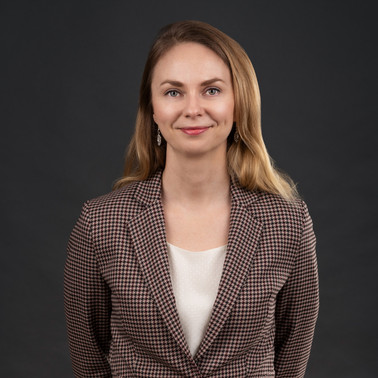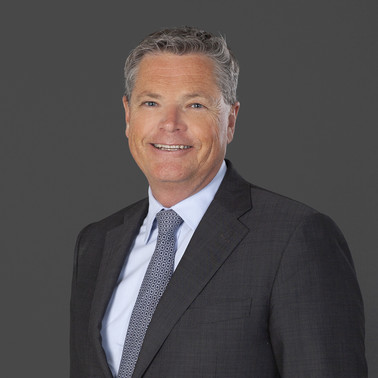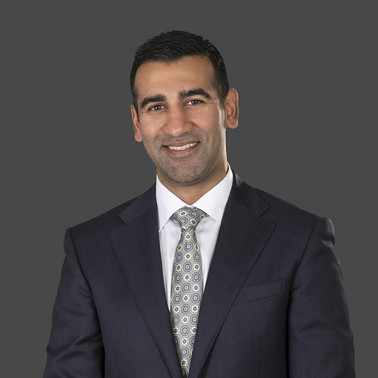Nordic Employment Law Bulletin - July
news
01 Jul 2022
Newsletter
In our monthly Nordic Employment Law bulletin our employment lawyers across the Nordic region highlight relevant news and trends on the Nordic employment market scene. The bulletin intends to provide high-level knowledge and insight. Want to learn more? Our experts will be happy to hear from you.

Highlights from Denmark
- Amendments to the Act on Employees’ Entitlement to Absence from Work for Special Family reasons. On the 2 August 2022, employees will be entitled to 5 additional days of leave each year when providing personal care or support to a relative, or to a person who lives in the same household as the worker, and who needs significant care or support for a serious medical reason. However, during the period from the 2 August 2022 to 31 December 2022, the employees’ days of leave will be reduced to 2 days.
- Amendments to the Act on maternity/paternity leave. On the 1 January 2023, parents who have triplets or more babies at the same birth are entitled to additional 26 weeks of leave. However, these 26 weeks of additional leave must be taken within 18 months after the birth.
- Solo parents may transfer leave to social parents. From 1 January 2024, solo parents may transfer leave to a close family member, and legal parents may transfer a part of their leave to the child’s social parents. According to the amendments to the Act on Equal Treatment Between Men and Women, close family members and social parents - who take leave according to the Act on Maternity/Paternity leave - will be entitled to the same employment protection as parents. Therefore, the employer of the close family members/social parents may not terminate or give a less favorable treatment on the basis of absence under the Act on Maternity/Paternity Leave, which a close family member or a social parent requests or holds.

Highlights from Finland
- In 2021 the Occupational Safety and Health Administration received nearly 2,400 communications related to harassment and workload – The Finnish Occupational Safety and Health Administration received nearly 2,400 communications related to harassment and workload in 2021. One third of all communications came from the health and social services sector. In most cases the contactor asked for advice on dealing with the matter in the workplace. The proportion of communications related to workload had increased.
87 inspections were carried out based on harassment related requests. In particular, the inspections monitored whether an employer had taken steps to stop harassment after being informed of health endangering harassment experienced by an employee. With under half of the inspections it was found out that the employer had failed to comply with the obligations set out in the Finnish Occupational Health and Safety Act. 32 inspections were carried out based on workload related requests. These inspections monitored whether an employer had complied with its obligations under the Finnish Occupational Health and Safety Act to take action to determine the workload factors and to avoid and reduce the hazards after being informed of the workload endangering the health of an employee. In approximately 80 % of the inspections the employer had failed to comply with its obligations.
Changes in working life have increased the psychosocial load in many workplaces. The prolonged Covid-19 pandemic has also contributed to an increase in the psychosocial load experienced at work.
- A fast-track service has been launched for residence permit applications – From the beginning of June 2022 specialists’ and start-up entrepreneurs’ entry to Finland has become quicker as the Finnish Immigration Service has launched its fast-track service for residence permit applications. The service has been developed together with different authorities and the main intention is to increase Finland’s attractiveness in the global labor market.
Through fast-track service a processing time of the residence permit application is 2 weeks. The service is intended for specialists, start-up entrepreneurs and their family members. Specialist is for example IT expert or an employee with a higher education degree, whose work in Finland requires expert knowledge.
In connection with the fast-track service, a new permit type called national D visa has been introduced. The national D visa enables the applicant to travel to Finland as soon as the residence permit has been granted and the applicant has proved their identity.

Highlights from Norway
- Employees on home-office? If so, remember that you need an additional agreement with each employee. The regulation to the Norwegian Working Environment Act (Nw. hjemmekontorforskriften) requires that employees working on home-office, even partly, must have an agreement apart from the employment agreement governing this work. Amendments to the regulation enters into force 1 July 2022 with enhanced employee rights relating to working time, discrimination, HSE and more. The Norwegian Labour Inspection Authority (Nw. Arbeidstilsynet) supervises compliance with the rules.
Reach out to our team to discuss practical and quick solutions to comply.
- Prohibition against hiring personnel from temporary work agencies on construction sites in Oslo and the counties Viken and previously Vestfold. The government continues with its measures to advocate more permanent and direct employments, aiming to reduce the role of third-party employers such as temporary agencies. A regulation executing a geographical prohibition is expected primo 2023, with transitional rules for an interim period. This comes in addition to a proposition submitted to the Parliament 17 June 2022 where the government proposes amendments to the Working Environment Act by way of removing the general possibility for hire from temporary agencies for "work of a temporary nature", determining the time-period after which a hired employee may require permanent employment for 3 years and establishing an approval regime for temporary work agencies as opposed to the current scheme with registration only. The proposals are perceived as radical by major industry players, but we expect most of the proposals to be adopted due to the expressed political focus on the parole responsible and sustainable job-market for employees.
- The Norwegian pension system under the loupe. A special committee appointed by the government in June 2020 with a representative composition (Nw. pensjonsutvalget) has reviewed reforms in the Norwegian pension system introduced in 2011. The committee submitted its Official Norwegian Report 16 June 2022 (Nw. NOU 2022:7 – Et forbedret pensjonssystem). Some of the recommendations of the committee are:
- Increasing the age limits (67 years for unconditional withdrawal) in the pension system gradually for individuals born in 1964 and later. This means that younger people will have to work longer to cope with life expectancy adjustments in the pension system.
- Minimum pension levels to be increased in line with general wage growth
- Enhanced retirement pension to disabled individuals
The report shall be circulated on public hearing soon and our team is monitoring the developments closely.

Highlights from Sweden
- Significant changes implemented to the Employment Protection Act! The wait is over. The changes outlined in previous editions of the Nordic Employment Law Bulletin have now entered into effect. On 8 June 2022, the Swedish parliament voted to implement the changes and the new rules were implemented on 30 June 2022, to be applied as of 1 October 2022. The reform includes several changes to the EPA, e.g. that employers may more easily safeguard key employees when making reductions in the workforce and that employees will no longer be entitled to remain employed (with pay) during disputes over wrongful terminations. In June 2022, Sweden also implemented the EU directive on transparent and predictable working conditions (Sw. Arbetsvillkorsdirektivet) and those changes were effective as of 29 June 2022.
- The "Saltsjöbad Agreement 2.0". The Swedish labor parties have signed a new main agreement. In 1938, the umbrella organization for the Swedish blue collar unions and the umbrella organization for Swedish employer federations signed a treaty in the seaside resort Saltsjöbaden. The accord later became known as the Saltsjöbaden Agreement, and it laid the foundation for the "Swedish model", i.e. an interaction between legislation and collective bargaining agreements where the labor parties themselves have significant influence over the rules governing the Swedish labor market.
As a way to take advantage of the new possibilities afforded to the labor parties under the amended Employment Protection Act, the same parties as 84 years ago have now, together with the umbrella organization for white collar unions, signed a new treaty to supersede the agreement from 1938. Once adopted by the member organizations, the new rules will enter into force on 1 October 2022.
- Record inflation likely to result in tough salary negotiations. In 2023, many collective agreements are due for renegotiation. A total of approximately 450 agreements, covering some 2.3 million employees, will be negotiated. Tough negotiations are already expected due to the high inflation rate that prevails. While the trade unions will want to compensate for the high inflation rate and the resulting increase in employees' cost of living, the same cannot be said for the employers federation who can be expected to vehemently oppose any such demands. The employer's federation for Industrial Companies (Sw. Industriföretagen) has already announced that they do not consider the inflation rate to be a valid argument for a corresponding salary increase. The labor parties therefore have a tough time ahead of them.
Download
Download as PDFServices







